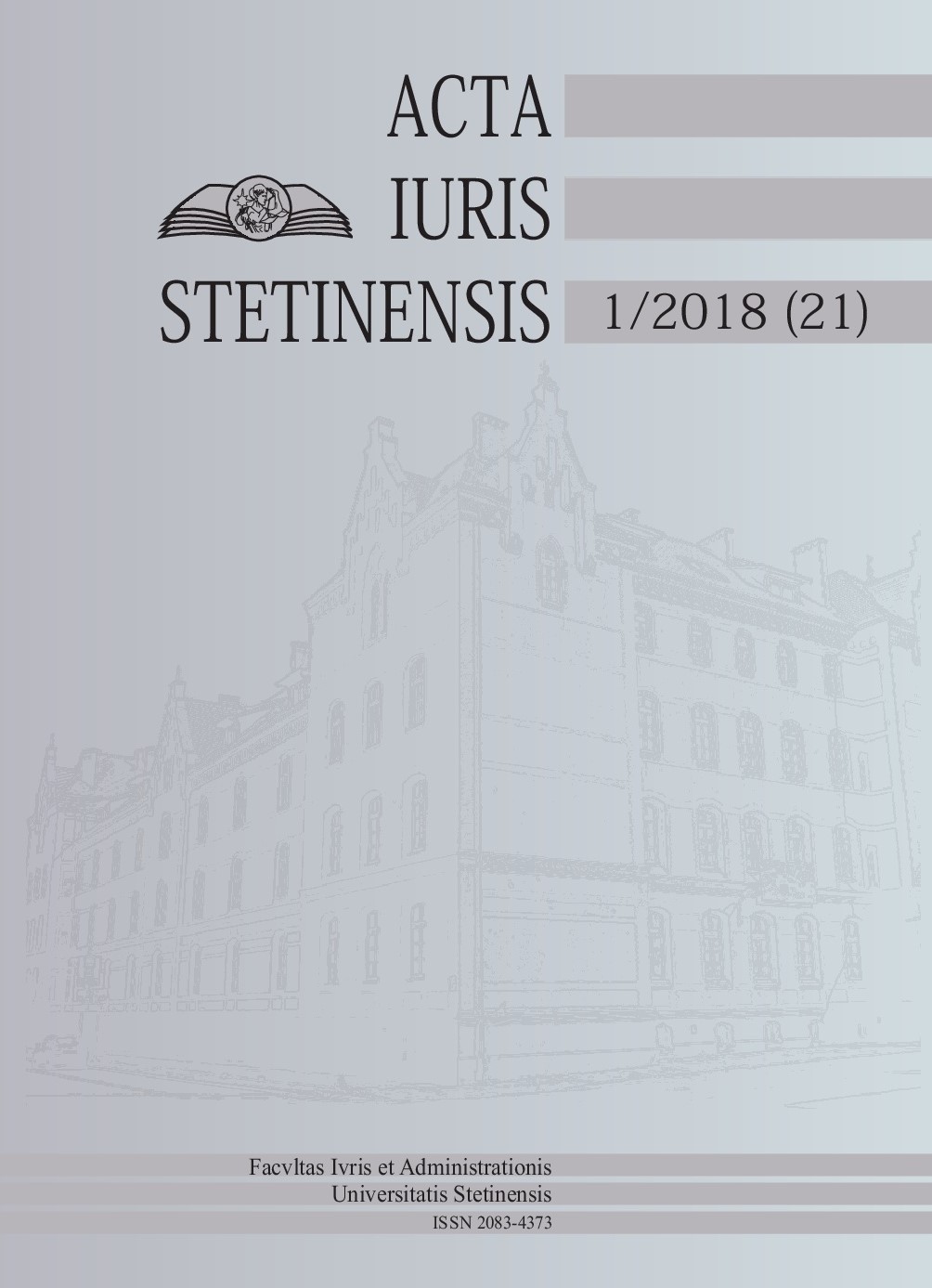Świadomość sprawcy czynu zabronionego jako ontyczna podstawa tzw. subiektywnego przypisania odpowiedzialności karnej
The Perpetrator’s Consciousness as the Ontic Basis of Subjective Attribution of Criminal Responsibility
Author(s): Jacek GiezekSubject(s): Law, Constitution, Jurisprudence
Published by: Wydawnictwo Naukowe Uniwersytetu Szczecińskiego
Keywords: perpetrator; consciousness; reconstruction of perpetrator’s consciousness; diagnosis; predictions; dynamics of consciousness; subjective attribution; objective attribution
Summary/Abstract: Assuming that the perpetrator’s consciousness – as well as his actions – constitute the ontic basis of criminal responsibility the author formulates a number of remarks regarding reconstruction of the aforementioned consciousness in a criminal trial. The Reconstruction consists of some kind of intersubjectivization, since for obvious reasons it can only take place after the deed was committed (i.e. ex post), and the subject performing it is a judge. An important distinction is that between diagnostic and predictive consciousness. This is because the perpetrator – as any human being – is not only diagnosing the surrounding reality, but, particularly when trying to achieve some purpose (the effect of the forbidden behavior), is making predictions simultaneously. Distinguishing between diagnoses and predictions may affect the interpretation of errors, constituting a base for exclusion of criminal responsibility. Reconstructing the state of perpetrator’s consciousness one should also remember it is not static, but, as new information keeps coming in, subject to more or less dynamic changes. At the moment of formulation of intention of particular behavior the perpetrator usually knows far less about the surrounding than at the successive stages of its execution, which in many cases should affect criminal responsibility. To determine whether an agent committed a prohibited deed a reconstruction of his consciousness alone is not sufficient, since – moving now to the normative plane – one should assess it. Attribution of intent in both its forms, as well as conscious or unconscious lack of intent is not limited to reconstruction of the agent’s state of consciousness, but is performed based on normative criteria developed by lawyers. Conceivable intent and conscious lack of thereof (as well as the distinction between the two) have not been discovered by psychologists, but created by lawyers, having, amongst other issues, crime-fighting policies in mind.
Journal: Acta Iuris Stetinensis
- Issue Year: 2018
- Issue No: 21 (1)
- Page Range: 45-67
- Page Count: 23
- Language: Polish

